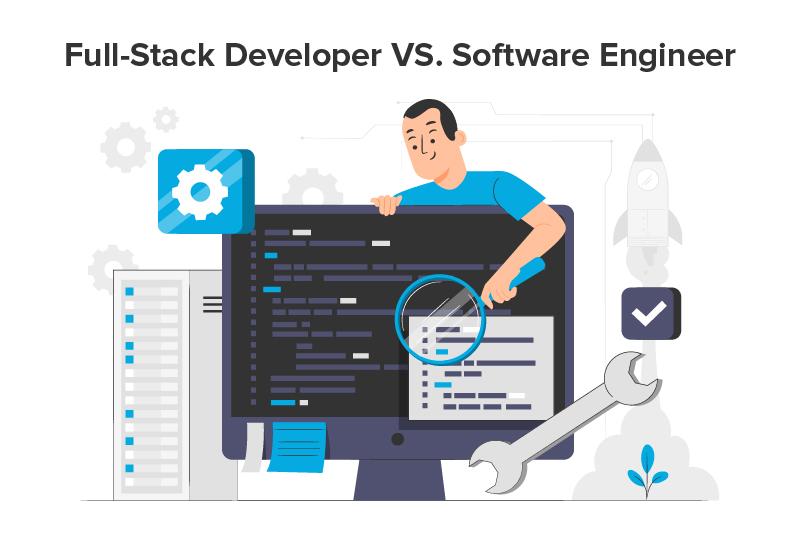Devoted Developers vs. In-House Teams: Which Is Right for You?
The decision in between using devoted designers and maintaining an in-house group is a significant one that can affect the trajectory of your tasks and general service technique. Dedicated programmers give a level of flexibility and customized expertise that can be beneficial for certain, short-term efforts. Conversely, in-house teams add to a natural company culture and a nuanced understanding of lasting objectives. By checking out critical aspects such as spending plan, job scope, and wanted control, you can better determine which strategy lines up with your business needs. However, the effects of this option expand past prompt outcomes-- take into consideration the broader influence on your company landscape.
Comprehending Committed Programmers
The growing demand for specialized skills in the tech market has resulted in the emergence of devoted designers as a feasible solution for many organizations. These specialists are generally acquired on a task basis, allowing firms to leverage particular knowledge without the long-term commitment related to full-time hires. Dedicated developers are typically ingrained within a client's team, offering versatility and scalability to meet project demands.
This design allows organizations to access a global ability swimming pool, which is specifically useful in a swiftly advancing technical landscape. Dedicated programmers can be sourced from numerous geographical areas, making certain that business can locate the ideal ability at affordable rates. They commonly bring a wide range of experience and understanding, having functioned on varied projects throughout various industries.
Moreover, dedicated developers can focus exclusively on the tasks handy, improving performance and efficiency. They are furnished to incorporate effortlessly right into existing workflows, teaming up very closely with in-house groups to attain project purposes. This technique not only lowers the worry of employment and training but additionally allows companies to remain active, adapting promptly to transforming market demands and technical advancements.
Benefits of In-House Teams

In addition, internal teams have a tendency to have a much deeper understanding of the firm's objective, worths, and goals. This placement can improve worker engagement and inspiration, as team participants really feel much more connected to their work and the organization's success. Additionally, having a dedicated in-house team allows for much better placement of techniques and objectives, as these participants are constantly concentrated on the company's concerns.
In-house groups likewise facilitate quicker decision-making processes, as they can react extra rapidly to difficulties and changes. The well established partnerships and knowledge with business protocols enable structured workflows and minimized miscommunication. Inevitably, the combination of a cohesive culture, positioning with organizational objectives, and reliable communication makes internal teams a valuable asset for numerous companies, particularly those aiming to grow lasting development and advancement.
Price Considerations
When reviewing cost factors to consider, both internal groups and committed developers present distinct monetary ramifications for organizations. Involving specialized developers usually includes a pay-per-project or hourly rate model, which can be cost-effective for companies with fluctuating task demands. This approach enables versatility in scaling resources up or down, ensuring that companies just pay for the solutions they need.
In contrast, internal groups involve taken care of expenses, consisting of incomes, advantages, and overhead expenditures such as workplace room and devices. While this design provides greater control and prompt availability of sources, it might bring about higher long-term expenditures, especially if the workload does not validate a permanent staff.
In addition, companies should think about the hidden expenses related to employment and training of in-house staff members, which can even more stress budget plans. In many cases, the moment and resources invested in taking care of an in-house team can take away from the organization's core service objectives.

Task Administration and Versatility
Task monitoring and versatility are essential variables that influence the selection between specialized programmers and internal groups. Devoted designers commonly provide a high degree of adaptability, permitting companies to scale resources up or down based upon job needs. This dexterity can be specifically advantageous for organizations experiencing fluctuating work or those looking for to introduce quickly. Dedicated groups commonly have actually developed procedures for taking care of projects successfully, leveraging specific techniques like Agile or Scrum, which facilitate iterative progress and adaptability.

Eventually, the option between in-house teams and devoted developers rests on the wanted degree of versatility and the certain job monitoring demands. Companies must review their operational characteristics, task complexity, and resource schedule to figure out which alternative lines up best with their strategic purposes.
Making the Right Choice
Choosing the best growth approach-- in-house teams or devoted programmers-- needs a careful analysis of numerous variables that line up with a firm's tactical objectives. hire dedicated developers. Initially, think about the nature of the project. If it demands specialized skills or a quick hybrid app scale-up, dedicated developers may be better. On the other hand, internal teams can offer much better continuity and assimilation with existing personnel.
Next, evaluate your budget. Devoted developers usually offer a cost-effective service for temporary jobs, while internal groups may sustain greater lasting expenditures as a result of incomes, benefits, and expenses prices. Analyze the level of control and partnership preferred; internal teams generally promote more powerful interaction and positioning with business society.
If instant results are required, dedicated programmers can be onboarded swiftly, whereas constructing an internal team takes time for employment and training. If continual growth is crucial, spending in an in-house team may generate much better returns over time.
Verdict
In final thought, the decision in between devoted programmers and internal groups hinges on job needs and business purposes. Conversely, internal site here groups grow a natural culture and much deeper positioning with long-lasting objectives.
The decision in between using committed programmers and preserving an internal group is a considerable one that can affect the trajectory of your projects and overall service method.Job monitoring and adaptability are vital aspects that influence the choice between devoted developers and internal teams. hire dedicated developers.In contrast, in-house teams may stand go to this site out in preserving a regular job administration structure due to their knowledge with the company's society and long-lasting goals. Dedicated developers usually present a cost-effective remedy for temporary jobs, while internal teams might sustain greater long-term costs due to incomes, advantages, and overhead expenses.In final thought, the decision between internal teams and specialized developers pivots on project demands and organizational objectives
Comments on “Structure Success with a Dedicated Development Team for Your Business Needs”